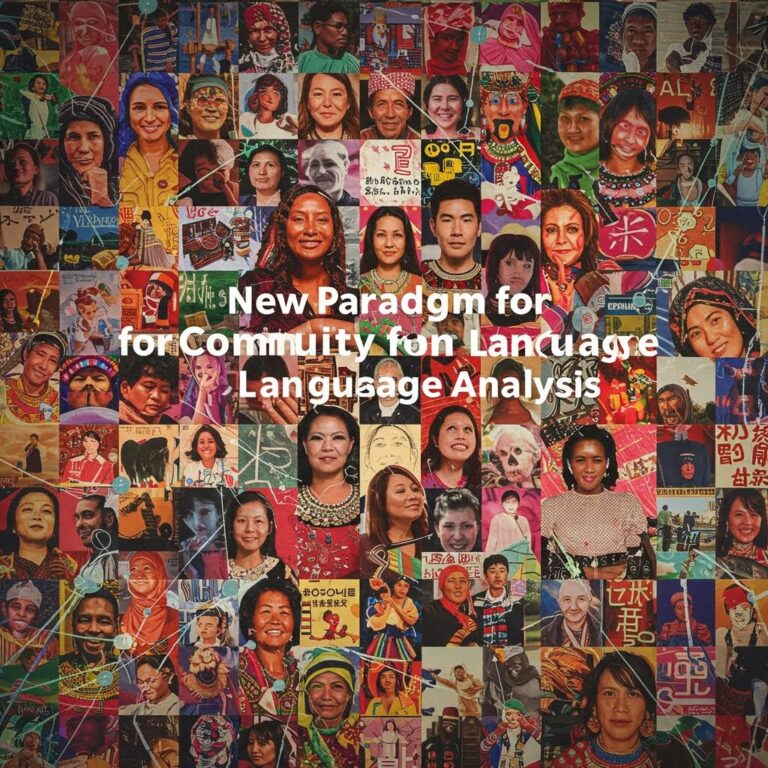Finding Hidden Betting Spots and Bad Risk Cycles
How Hidden Betting Works in the Mind
Studies show that hidden betting spots create bad cycles of shame and a strong urge to keep risking more. Data tells us that gamblers in these spots chase their losses 3.2 times more than in seen places, driven by mind and big social push. 토토솔루션
Rising Danger Trends
Problem gambling moves look as bigger bets, with 70% of folks showing that risky bet increase while trying to fix large debts of $60,000. The mix of mind-driven choices and the need for cash makes a very weak cycle.
Impact on Social and Home Life
The hidden side of secret betting habits hurt families and places a lot. Numbers tell that 78% of folks feel they are trapped in a hidden cycle, leading to:
- Split marriages
- Trust issues in 62% of kids
- Major money woes
- Poorer mental health
Breaking the Cycle
Knowing these tricky mind games is key to making solid plans to step in. The mix of shame, mind-driven moves, and extra cash stress builds strong blocks to getting better that need unique support and ways to fix.
Mind Reasons Behind Hidden Betting
Hidden gambling uses big mind tricks that set it apart from fair gambling. Big-risk moves show up much more, with hidden gamblers chasing losses 3.2 times more than fair gambling folks.
The hidden part of these setups sets off big mind reactions, like habits seen in drug use.
Shame Cycles and Behavior Trends
Hidden gambling places create big mind traps with special setting tricks. The hidden feel mixes with smart time tricks and light plans to change how players see things.
Numbers show 78% of folks in hidden betting places feel they can’t escape, making a bad cycle of staying in.
Mind Errors in Hidden Betting
Mind study shows high levels of mind errors among hidden betting folks. These folks show 2.4 times stronger belief in betting mistakes, mainly about:
- Seeing control over random events
- Wrong skill edges
- Belief in “hot runs” and win patterns
- Overvaluing guess skills
The hidden betting spot makes these mistakes worse, making a self-keeping cycle of risky moves and mind need.
Breaking Trust and Home Ties
How Hidden Gambling Breaks Home Links
Crushing Trust: The Start of Home Breakdown
Hidden gambling breaks family groups by smashing key trust ties. When gamblers secretly use shared money, they cause big breaks in home links.
Studies tell that 76% of gambler’s partners feel big mind hurt when they find hidden gambling moves.
Three Stages of Family Crash
Stage 1: First Finding
The finding of gambling addiction brings quick mind hurt, with a 47% rise in pain and sad among partners. This first trust break deeply shifts how families talk and live.
Stage 2: Impact on Next Gen
Kids of hidden gamblers show much higher rates of acting out and doing bad in school. Studies tell 62% of affected kids get lasting trust issues into adult life, keeping mind problems going.
Stage 3: Wider Family Break
Money lies from gambling bring trouble through wide family links. Unpaid loans and broken promises make unfixable harm in broad family groups, breaking key help groups needed for better life.
The Bad Feedback Loop
Problem gamblers with no family help become 3.2 times more likely to grow their gambling moves. This makes a bad cycle where being alone leads to more risky gambling moves, breaking down home structures even more.
The mix of shame, being alone, and addiction keeps a pattern of deep home crisis facing families.
Money Down the Drain Behind Closed Doors
The Hidden Money Woes of Gambling Addiction
The Big Slam Behind Closed Doors
Hidden behind common house fronts, money loss from hidden gambling shatters family wealth and safety.
Many cases show how desperate gamblers secretly use up their wealth, using up retirement money, college funds, and home value while keeping a normal look.
Studies show 23% of problem gamblers file for bankruptcy, compared to just 4% of usual folks.
The Three Stages of Money Drop
The gambling-linked money fall mostly follows a known pattern:
- First Using Up Resources: Gamblers use up savings and available cash
- High-Risk Borrowing: Many credit cards and personal loans with high costs
- Asset Selling: Selling stuff and maybe workplace theft


